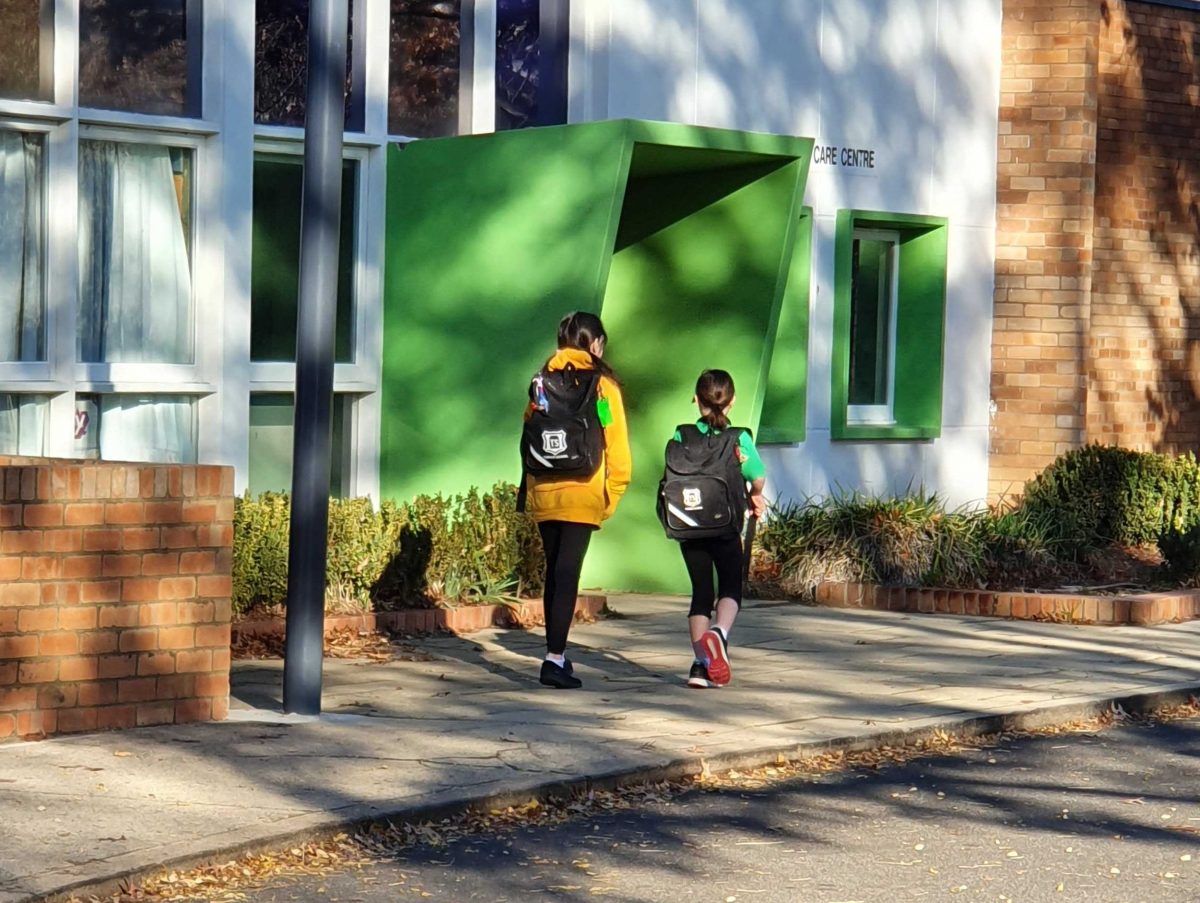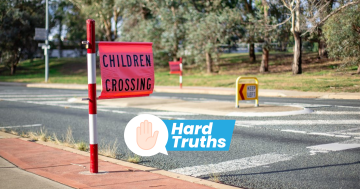
Public schools like Turner still benefit from the socioeconomic advantage of the community they serve. Photo: David Murtagh.
One of my very first columns for this fine publication was on private schools and whether we can justify having them when public education should be adequately funded and accessible for all.
Sure, it doesn’t have to be either/or, but my argument then (which hasn’t changed) was that private schools give those with means the ability to opt out of the public education system, reducing the impetus on politicians to increase funding and resources.
The argument is complicated, however, when we bring it down to the individual level.
As parents, we want to choose the ‘best’ school for our kids, and if we have the economic ability to do so, that choice can be made without ever entering the private school system.
For example, I went to public schools in Canberra, but they were in some of the most affluent areas of our city. This meant that the schools I attended were considered some of the highest performing in the Territory – which is awesome because it meant that the kids who attended my schools who lived in social housing in the area also benefitted.
But ultimately, our money was still buying our education because the academic performance and resourcing of schools still seem to track alongside the socio-economic status of the areas they’re in.
So, ultimately, inequity still determines the quality of education our kids receive, one way or another.
Regardless of school performance, we know that the economic status of parents will always have a defining impact on their child’s outcomes – it’s been directly linked to academic performance. As a two-parent household in a high-income bracket, my partner and I will inevitably have more time, resources and capacity to invest in our son’s education because we won’t be expending most of our energy and money on survival and necessities alone.
However, regardless of these points, which show that choosing to send my child to a public school won’t entirely avoid contributing to a broader system of inequality, I still can’t shake my distaste for private schools. When friends and family suggested that we put him down on the list for the private school his father attended, I immediately refused because I worried about the culture he’d be part of.
Every school has a different culture, and aside from obviously wanting to find a good fit for our general values (we wouldn’t send our kid to a very religious school, for example), I’m concerned about making sure he interacts with a wide diversity of people.
Having only the cost of entry to go by (noting that some scholarships are also offered at most private schools), I wonder what range of life experiences and backgrounds mingle on the playground at private schools. Or is it naive to think that schoolyards are going to offer kids a true cross-section of society, no matter whether private or public?
Yes, most people at my public schools were also middle class, but there was no barrier to kids from lower socio-economic means to be there if they lived in the area. Salt-and-pepper public housing meant that we did have a blend of backgrounds, and it made an impact on me to understand my privilege and the disadvantages that existed in the lives of my classmates.
Does that mean I think everyone who attends private schools has no concept of diversity and inequality? Of course not. But I’ve met the full gamut of private school-educated adults, some of whom genuinely have no sense of their privilege, and being surrounded by wealth in their education didn’t help.
Ultimately, when my child starts school, I may find my views changing based on what he needs and what his school can provide for him. But I still lean towards a public education – is this me putting my principles ahead of my child’s needs, or am I right in wanting to expose him to a more realistic sense of the world and support my local public schools?





















